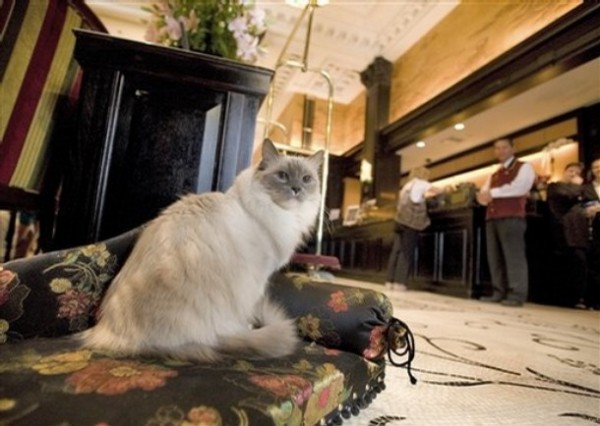Always a bad idea to prepare and serve food when there is a sewage back-up and no surprise it was caught on video.
Public health takes a back seat to monetary gains I guess. I’ve seen this before when I was in the field. When I was in the field as an inspector, the City informed me that there was a sewage break in the south end. I went to visit the affected food establishments to ensure they were closed and following proper protocols. Three restaurants were involved, 2 shut down but 1 continued to operate in sewage. I shut down the third and when I asked why they continued to operate, the manager played the ignorance card. Meanwhile, his staff were sloshing around in sewage back of house, no excuse for that.
Vanessa Vasconcelos of ABC 30 reports
Cell phone video shows the conditions Kentucky Fried Chicken employees say they were forced to work in last Tuesday. The fast-food restaurant at Kings Canyon and Willow took on several inches of dirty water in the kitchen area.
According to the Fresno County Health Department, it all started with a sewer line blockage. “They brought in a hydro-flush unit that uses high-pressure water to (clean) it and that caused the backed up water in the building as they were trying to get it unclogged,” said Health Department division manager Wayne Fox.
The worker who captured the images didn’t want to be identified, but says their daily operations continued; including serving customers. By Wednesday, health inspectors received a complaint and investigated.
Fox says, “staff was working to clean the place up. Our environmental health staff determined the place needed to be closed while they were doing that cleaning.” He added the site manager should have been trained enough to understand the severity of the violation.
They held an office hearing with senior management then conducted a re-inspection that determined they could resume business, “We wouldn’t take any chances. We take this very seriously we want all the food that anyone gets at a restaurant to be pure and wholesome.
Site supervisors at KFC and JEM restaurant management corporation — which manages the KFC — declined our requests for comment.
Health Department officials say this is only the third complaint in the last decade this particular KFC has received and the previous ones weren’t as severe. They include food temperature violations, pests and improper handling of food.
The KFC at Kings Canyon and Willow is back up and running, but management and all employees will be undergoing mandatory training and will develop an emergency plan so employees know what to do should this ever happen again.
If this does become a recurring problem, the restaurant will have its health permit revoked.

.jpg) by food poisoning.
by food poisoning. Since then, each cat has been succeeded by another with the same name, Hamlet for the males, Matilda for the females.
Since then, each cat has been succeeded by another with the same name, Hamlet for the males, Matilda for the females.